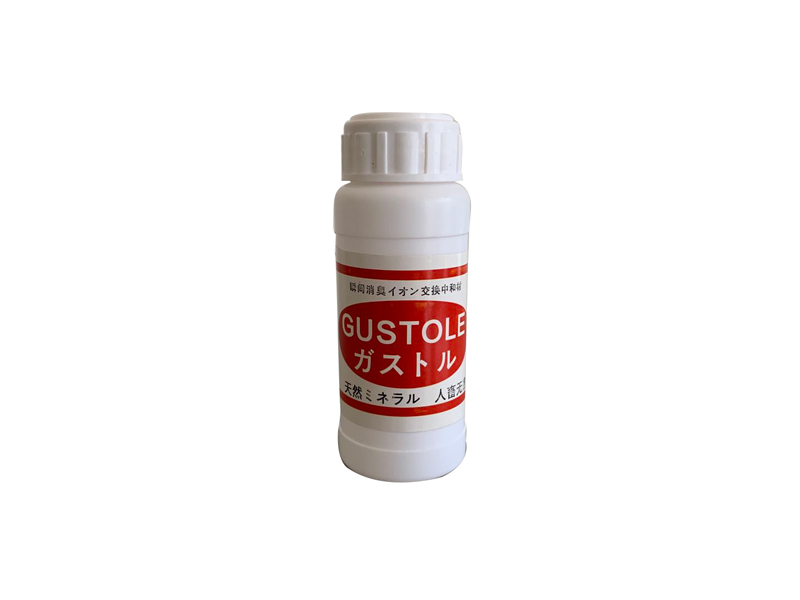What are the advantages of organic fertilizer and what are t
Method / step
1. Inhibition of harmful pathogens
Organic fertilizer contains a large number of beneficial microorganisms for crops, and the large number of these advantageous microorganisms can effectively inhibit the reproduction of harmful microorganisms. In this way, many soil-based agricultural diseases will be suppressed or even eliminated, that is, soil elimination, poison, and also saved the money and artificial for farmers, and also the means of management, and the quality of agricultural products.
2. It is beneficial to absorb trace elements
Although there are a lot of trace elements in soil, plants can not directly absorb it. Organic fertilizer contains appropriate organic acids and microorganisms in organic fertilizer also secrete organic acids in their life activities. These organic acids can generate nutrients that plants can absorb and use through biochemical reactions, such as copper, zinc, boron, magnesium and other trace elements in the soil, and the organic fertilizer can be used by the soil.
3. Long effect
Organic fertilizer contains phosphate bacteria, potassium bacteria and nitrogen fixing bacteria, which can provide the crops with potassium and phosphorus elements which are not easily released by soil for a long time and can fix the nitrogen elements in the air to supply to crops. Although the short-term fertilizer effect of organic fertilizer is not as good as that of fertilizer, the effect time of organic fertilizer is long.
4. Establishing beneficial bacteria
Organic fertilizer can be used to promote the growth of beneficial bacteria in soil, which contains a lot of organic matter and various nutrients needed for the growth and reproduction of beneficial bacteria. It is of great significance to establish advantageous and beneficial flora in soil and to inhibit the reproduction and growth of harmful bacteria.
5. Fertilizer utilization rate
According to the research of relevant agricultural research institutions, more than 41% of fertilizer is white and white. Some of the lost fertilizer evaporates into; some of it flows underground or elsewhere with water; others will be solidified in the soil, and long-term non-treatment will lead to soil salinization and binding. Organic fertilizer can be modified after application, good physical structure of soil, and can release the solidified nutrients such as nitrogen, phosphorus, potassium and other nutrients, and then form fertilizer easily absorbed by plants through coupling action, and also can retain fertilizer in water while retaining water.
6. Growth of crops
Microorganisms in organic fertilizer produce many secondary metabolites that are beneficial to plant growth, such as buckthorn. There are many of these secondary metabolites, such as growth promoting substances (auxin, abscisic acid, gibberellin). Gibberellin can promote the flowering, fruit setting, fruit production, quality of fruit, shortening time and so on.
matters needing attention
The benefits of organic fertilizer in solving soil consolidation are not detailed.








